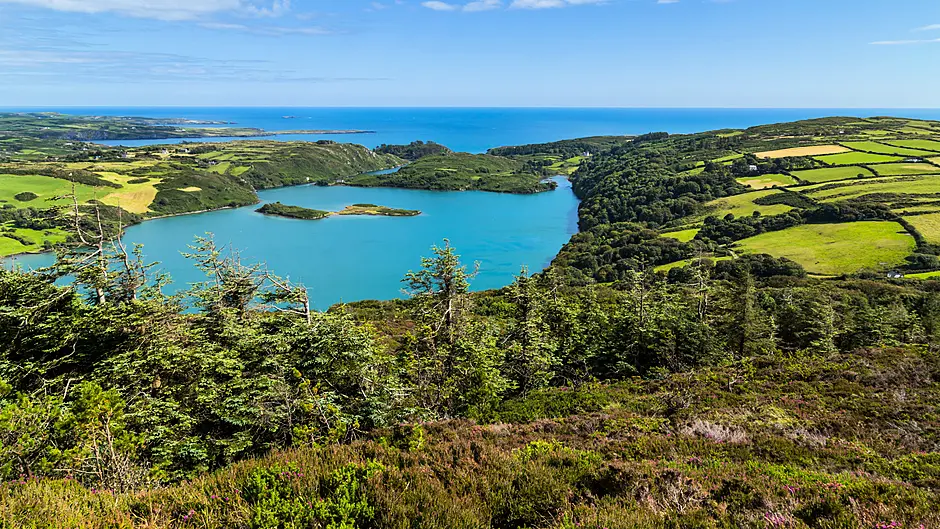FÁILTE Ireland has named Lough Hyne, the marine nature reserve outside of Skibbereen, as one its recommended ’10 perfect swimming spots’ in Ireland.
The recommendation comes in the wake of warnings by scientists who have been studying the area for decades and say that over-use of the lake could be detrimental to both marine life and the research being carried out there.
The tourist agency, which places it at no4 on the list, says that Lough Hyne ‘has become hugely popular in recent years, with many claiming it’s a touch warmer than the open Atlantic Ocean, and perfect for a brisk winter swim’.
But last September Colin Little and his wife Penny Stirling, who have been studying Lough Hyne for more than 30 years, told The Southern Star exclusively that nitrates were killing the lake. They added that one of the major changes which they have seen there is a build-up of nitrogen and other nutrients in the water.
‘We have seen an awful increase in anoxia (lack of oxygen) under the rocks,’ said Penny. ‘This oxygen deprivation can prove fatal to some marine life.’ While they said the main cause is likely to be agricultural run-off from around the coast, they have since suggested that a reduction in swimming and other activity at the lake will be needed to ensure its recovery.
‘I’m sure that most visitors do not wish to harm the environment, but they probably don’t understand that this is also a place where scientists attempt to carry out experiments,’ Penny recently told The Southern Star.
‘At present, in the summer, there seems to be a swimming racetrack around the lough, and that needs to be avoided.
‘A few wild swimmers occasionally would not be a problem, but with larger numbers, there will inevitably be more disturbance.
‘This will impact on animals such as otters, and shy birds such as kingfishers,’ said Penny.
And Prof Mark Costello, a global expert on marine protected areas, says the public can help stem the damage in Lough Hyne by not using suncreams, not walking on the seabed, and not urinating in the water, or around it.
‘The car parking area smelt of urine when I visited last June,’ he said. He also believes that any kind of leisure activity at the lake should be on a permit-only basis.










